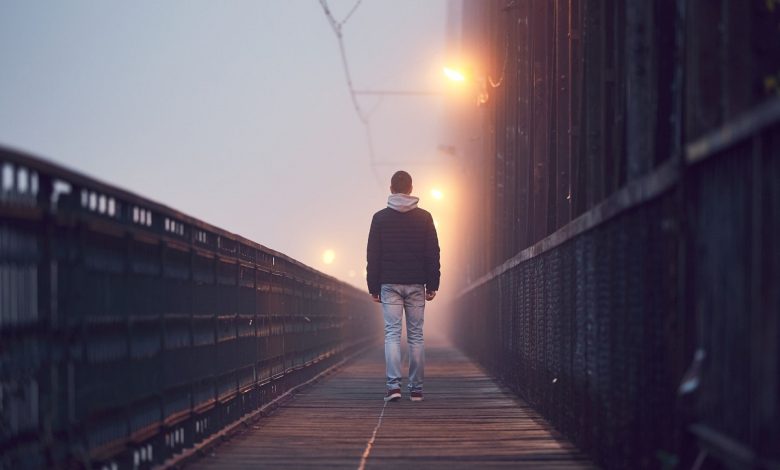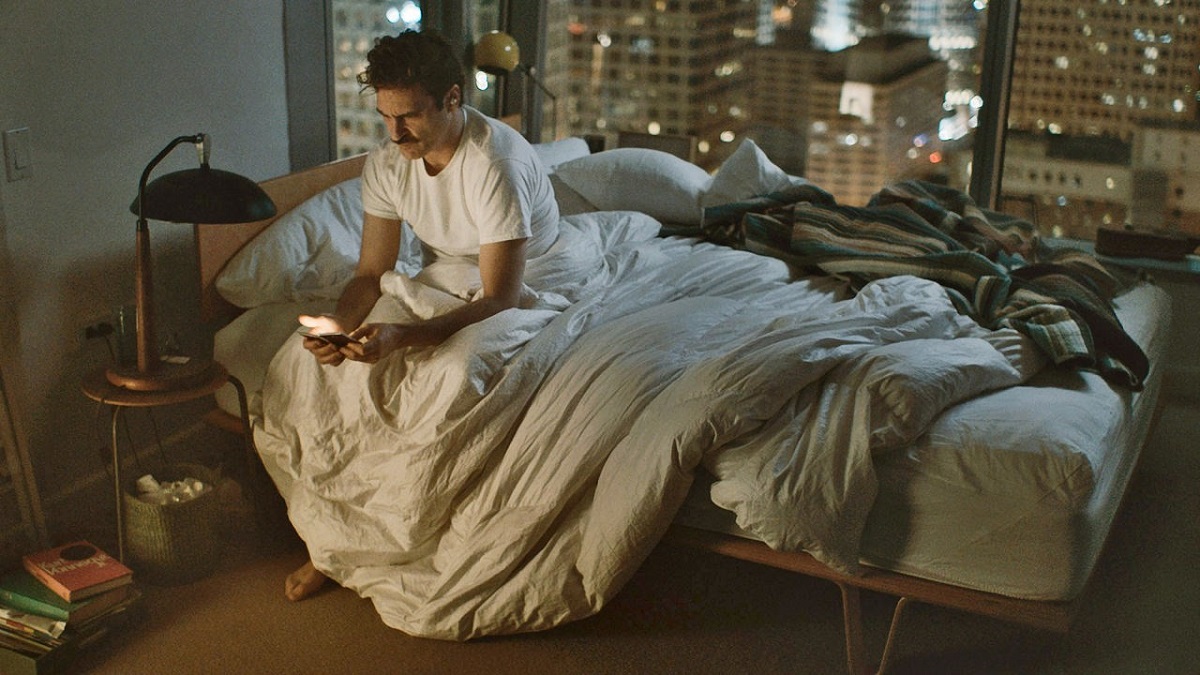Lonely People Experience More Nightmares: The Psychological Connection Between Loneliness And Sleep

Lonely People: Loneliness is often seen as an emotional state, a feeling of isolation even when surrounded by people. It is a complex and multifaceted experience that can affect mental and physical health.
Recent research has shown that loneliness doesn’t only affect waking life—it can also invade our sleep, leading to more frequent and vivid nightmares. These disturbing dreams can disrupt rest, leading to further emotional and psychological distress. Understanding the link between loneliness and nightmares is important in addressing the broader impacts of social isolation.
Lonely People Experience More Nightmares
The Connection Between Loneliness And Nightmares

Lonely People, Loneliness is not merely the absence of social interaction; it is a feeling of being disconnected from meaningful relationships. This emotional state can heighten stress and anxiety, which are significant triggers for nightmares. Research suggests that people who feel lonely are more likely to experience vivid, disturbing dreams. These nightmares often reflect the inner emotional turmoil associated with isolation, amplifying feelings of fear, rejection, and insecurity.
The brain processes emotions and experiences during sleep, particularly in the rapid eye movement (REM) stage, where most vivid dreams occur. For lonely individuals, the emotional distress they experience during the day may carry over into their dreams, manifesting as frightening scenarios or unresolved fears. The recurring nature of these dreams can exacerbate feelings of helplessness and anxiety, creating a cycle that perpetuates both loneliness and poor sleep quality.
How Loneliness Impacts Sleep Quality
Lonely People, Loneliness can lead to a disrupted sleep cycle. People who feel isolated are more likely to have difficulty falling asleep and staying asleep, increasing their chances of entering fragmented REM sleep. Fragmented sleep can cause nightmares to occur more frequently because the sleeper repeatedly enters REM without completing a full, restful sleep cycle. The result is poor-quality rest, making the person more fatigued and emotionally vulnerable the next day.
Moreover, the stress hormones triggered by loneliness, such as cortisol, can also negatively impact sleep. These hormones activate the body’s fight-or-flight response, making it difficult to relax and fall into a deep, restorative sleep. Over time, this can lead to chronic sleep disturbances and a greater likelihood of experiencing nightmares.
Emotional Themes In Nightmares
Lonely People, The content of nightmares for lonely individuals often reflects feelings of abandonment, rejection, and danger. Common themes might include being chased, losing loved ones, or facing situations where the dreamer feels powerless. These nightmares are symbolic of the emotional pain felt in real life—pain that is often rooted in a lack of social support or meaningful human connection.
Nightmares can be particularly distressing because they often linger upon waking, making it difficult to shake the emotions they evoke. A person who experiences nightmares tied to loneliness may wake up feeling anxious, fearful, or even more isolated. This can have a negative impact on their mood and mental health throughout the day.
Breaking The Cycle: Addressing Loneliness And Sleep

Lonely People, Addressing loneliness requires a holistic approach that targets both the emotional and physical aspects of isolation. Building social connections, whether through friendships, family, or community involvement, is key to reducing feelings of loneliness. For those who struggle with deep-rooted isolation, therapy or counseling can be helpful in working through these emotions and developing healthier relationships.
Improving sleep hygiene can also help mitigate nightmares. Establishing a regular sleep schedule, creating a calming bedtime routine, and reducing exposure to stress before bed can aid in promoting better sleep. In some cases, therapy techniques such as Cognitive Behavioral Therapy for Insomnia (CBT-I) or Image Rehearsal Therapy (IRT) for nightmares can be effective in breaking the cycle of disturbing dreams.
Lonely People, Physical exercise, mindfulness, and relaxation techniques can also be valuable tools in combating both loneliness and nightmares. These practices help reduce stress and anxiety, allowing for more restful sleep and fewer nightmarish interruptions. Additionally, engaging in activities that foster a sense of purpose and connection can alleviate some of the emotional strain that contributes to both loneliness and disturbed sleep.
Final Thought
Lonely People, Loneliness is not only an emotional experience but one that deeply affects physical and mental health. Nightmares are a clear manifestation of this connection, offering insight into how isolation can invade even our sleep. For lonely individuals, these nightmares reflect the deeper fears and anxieties associated with social disconnection. Addressing the root causes of loneliness and improving sleep habits can help break the cycle of nightmares, leading to better mental health and a more restful night’s sleep. Understanding the profound connection between our emotional state and our sleep quality highlights the importance of addressing loneliness as a serious health issue.
Also Read:
Seven Secrets For A Perfect Nap, According To Sleep Experts
Why Do I Keep Falling Asleep After Alarm?
Sleeping With The Light On Can Have Various Negative Effectives On Our Health!




